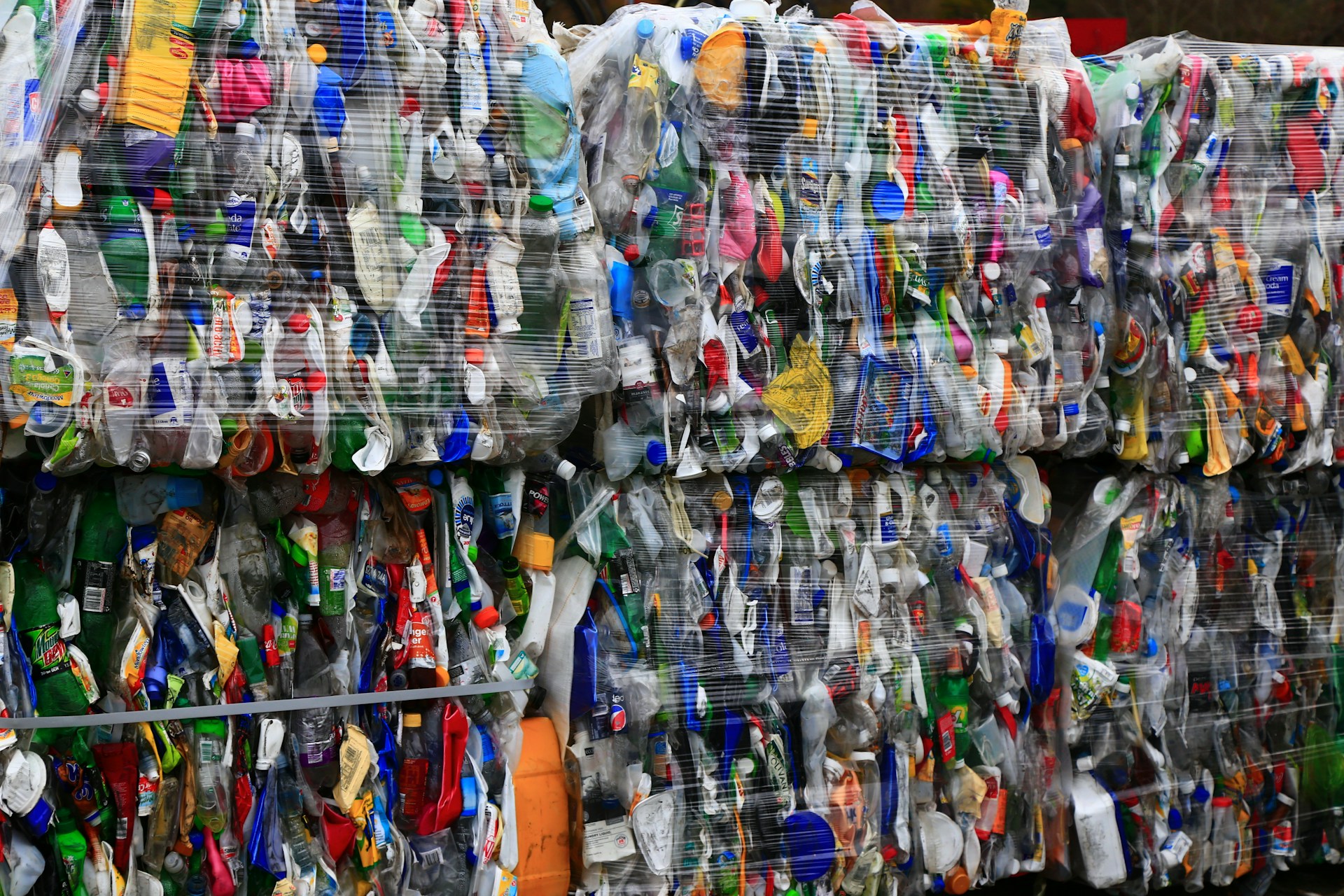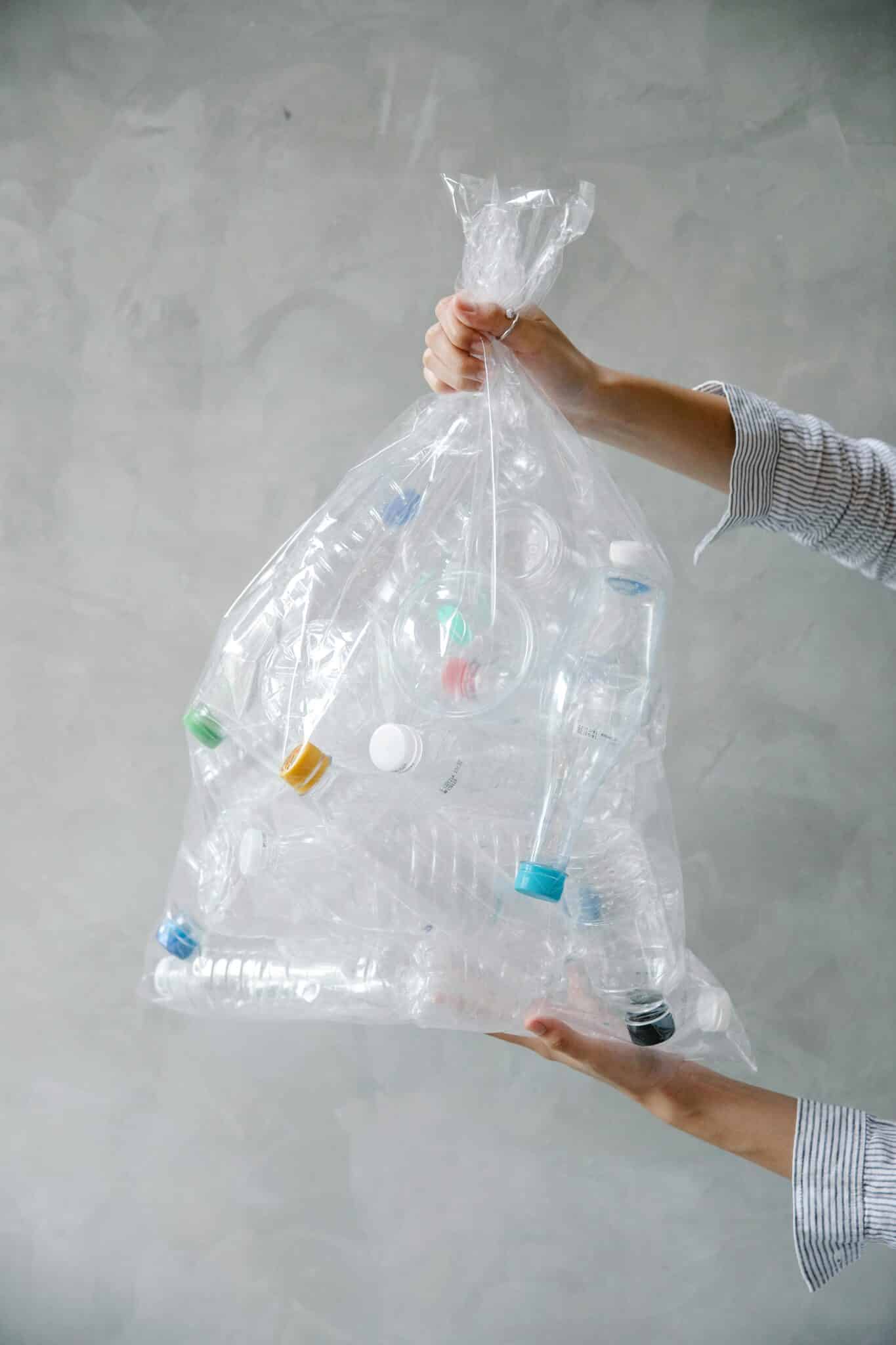What is Simpler Recycling?
Simpler Recycling is a waste legislation reform that come into effect on 31st March 2025. It must be implemented by all households and businesses; micro-firms (businesses with fewer than 10 full-time employees) will not need to follow the changes until 31st March 2027. However, it is recommended to adapt your processes prior to this, to ensure that you are compliant.
The reasons for this change are to standardise waste collections, reduce confusion about what can be recycled and to improve recycling rates in order to help protect the environment. Which is why it is recommended to follow the new legislation as early as possible in order to access these benefits.


What Businesses Are Impacted?
The Simpler Recycling scheme impacts all business types, including but not limited to:
- offices
- retail and wholesale
- transport and storage
- hospitality, such as cafes, restaurants, and hotels
- places of education, such as schools, colleges, and universities
- healthcare places, such as GP surgeries and hospitals
- care homes
- charities and those registered as charities
- places of worship
- penal institutes
- charity shops selling donated goods that came from a domestic property
- residential hostels that provide accommodation to people with no other permanent address or who are unable to live at their permanent address only
- premises used only or mainly for public meetings
What Are the Changes?
Businesses are now required to separate dry recycling (including paper, card, plastic packaging, glass and metal) from general waste for collection. In addition to dry recycling, if a business generates any amount of food waste, this will also need to be separated for collection.
Dry recyclable waste is:
- glass – such as drinks bottles and rinsed empty food jars
- metal – such as drinks cans and rinsed empty food tins, empty aerosols, aluminium foil, aluminium food trays and tubes
- plastic – such as rinsed empty food containers and bottles
- paper and cardboard – such as old newspapers, envelopes, delivery boxes and packaging
Food waste is:
- food leftovers
- waste generated by preparing food (of any volume, including if the workplace does not serve food or have a canteen)
Black bin waste or residual waste is:
- absorbent hygiene products such as nappies
- highly contaminated materials like food packaging that cannot be washed
Prepare Your Business
We are here to help your business through these upcoming changes with our tailored waste management services:
- Free Waste Audits: We assess your current waste streams and provide recommendations to ensure compliance with the new regulations.
- Tailored Collections: Our flexible services fit around your business, with reliable collections for food waste and recyclables.
- Sustainability Solutions: We help you reduce waste costs and lower your carbon footprint with expert local support.
Our team of dedicated experts can help you to understand how to adapt your waste processes to fit these changes and ensure that you are compliant.


